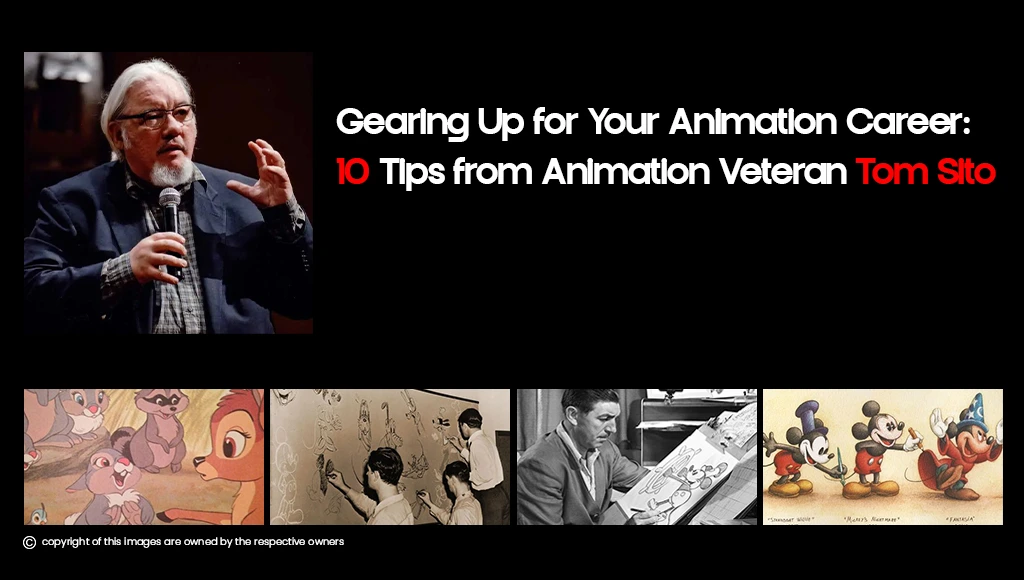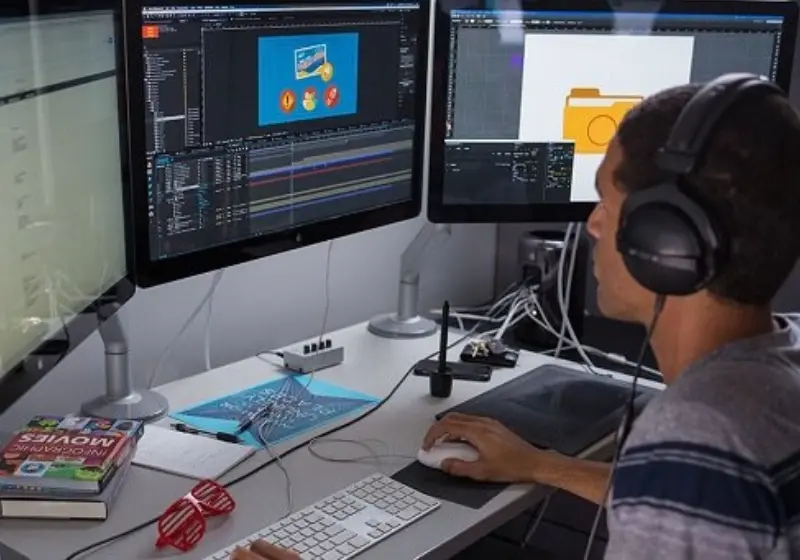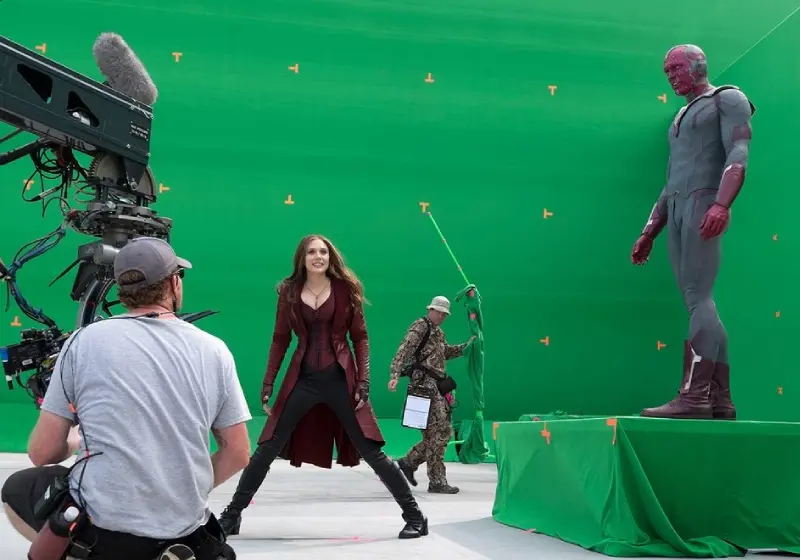In this insightful piece originally featured in Animation Magazine, veteran animator, historian, and professor Tom Sito shares ten essential tips for animation school students to prepare for a successful career in the industry.
1. Drawing: The Cornerstone of Animation
If you think animation instruction is just about mastering software, you’ll hit a roadblock fast. Life drawing is the foundation upon which all animation techniques are built. Studios prioritize strong artistic skills when hiring new talent. While some may possess a natural aptitude, most animators develop their abilities through dedicated practice. Life drawing from models, studying anatomy, and sketching animals at the zoo are all crucial exercises. When studios evaluate portfolios, they know polished work might involve pre-built elements or external assistance. Life drawing, however, reveals an artist’s true potential.
2. Make Lasting Friends: Your Animation Family
The friendships you forge in animation classes today are likely to endure for years to come. Companies may come and go, but these bonds will remain strong. Why? Because you’ll share the unique experience of building a career in animation. You’ll understand each other’s strengths and develop a sense of trust. After all, animation is a collaborative field that thrives on strong personal connections. You’re more likely to land jobs through friends than through traditional application processes or agents. Remember, George Lucas and John Lasseter turned to former classmates when launching their careers.
3. Broaden Your Horizons: Think Beyond Animation
A common refrain from many of Tom Sito’s former students is, “I wish I had taken a wider variety of classes in school.” While animation is your passion, embrace the opportunity to explore courses outside your comfort zone. Many successful animation art directors and layout artists honed their skills in theater arts programs. Photography classes can enhance your storyboard frame composition, while sculpting helps you visualize characters in three-dimensional space. Consider venturing into live-action directing, cinematography, screenwriting, editing, or illustration.
4. Act It Out: Animation as Performance
An acting class, whether focused on mime or improvisation, can significantly benefit your animation skills. Animation is not simply about following a script or relying on a voice actor’s delivery. Great animators are essentially actors who wield a pencil (or stylus in today’s digital world). Does your character stand with their weight on their toes or heels? Are their elbows relaxed or held close to their body? It’s not just about animating movements that correspond to dialogue. The legendary animator Milt Kahl referred to his scenes as performances.
5. Experimentation is Key: School's Your Time to Explore
School is the perfect environment to experiment and discover your strengths and weaknesses. Are you drawn to stop-motion animation? What about 3D rigging? It’s better to find out now if a particular technique resonates with you. One of Tom Sito’s friends went to college with the goal of becoming a character animator but discovered a passion for effects animation. This led to a successful career as a VFX supervisor on major motion pictures.
6. A One-Person Production: Understanding the Pipeline
Even if you have your sights set on becoming a concept artist or storyboard artist after graduation, consider undertaking a personal project where you handle every aspect of production, from initial concepts to the final mix. This will provide invaluable insight into the challenges and complexities involved in each stage of the animation pipeline. Have you ever tried 3D modeling and rigging? It’s a valuable experience, even if it’s not your area of expertise. Understanding the process allows you to better collaborate with specialists and appreciate the work they contribute. Similarly, Tom Sito’s experience directing his own college film opened his eyes to the many unforeseen tasks that arise beyond the core animation process. Take Ralph Eggleston for instance, the esteemed art director and color stylist at Pixar. While renowned for his artistic contributions, Eggleston also wrote, directed, and animated his own short film, “For the Birds,” all while art directing other projects – a testament to his well-rounded skillset.
7. Lend a Helping Hand: The Value of Collaboration
If the opportunity arises, don’t hesitate to assist a friend with their film project. This experience will help you develop professional discipline, adapt to a different artistic style, and meet deadlines in a collaborative environment – all essential skills for the real world.
8. Embrace New Technologies: Stay Ahead of the Curve
Many students today possess a strong grasp of technology that surpasses even their teachers. Stay curious and keep pace with the latest advancements in the field.
9. Focus on Your Studies: A Solid Foundation
While freelance work during your studies can be tempting, prioritize your education. There will be ample time to pursue freelance opportunities after graduation. Remember, a degree program is a unique chance to solidify your foundational.
10. Leverage Your School's Resources: Get a Foot in the Door
Many studios have student internship programs and often target graduates from top animation schools. Securing a summer internship can be a fantastic way to gain practical experience, build industry contacts, and potentially land a job after graduation. Utilize your school’s placement services to explore these opportunities.
In conclusion, Tom Sito’s timeless advice equips aspiring animators with a roadmap to navigate the exciting world of animation. At Toonz Animation Academy, we share Tom’s belief in the importance of a strong foundation in core artistic principles, coupled with the flexibility to experiment and embrace new technologies. We foster a collaborative learning environment where you can build lasting friendships, develop your artistic voice, and gain valuable industry exposure. Remember, your passion for animation is the driving force – hone your skills, embrace challenges, and never stop learning. Toonz Animation Academy is here to empower you to turn your animation dreams into a reality. Let your creativity take flight!
Stay tuned to the Toonz Academy for the latest updates and resources to fuel your animation journey.




